In Shopian, A Contest Is On Between Militants And Security Forces To Control The Streets caravanmagazine.in
At the Shopian District and Sessions Court in late August, the turmoil resulting from the Indian government’s latest decision on Kashmir was evident. On 5 August, the union government read down Article 370 of the Constitution, taking away the special status of Jammu and Kashmir. Shortly before the move, the government had imposed a communication blackout in the Valley along with Section 144 of the Code of Criminal Procedure, which prevents the assembly of five or more people in public. As a result, the lawyers I met at the court had a dearth of information and were struggling to make sense of the situation. The little they knew was not good news. One of the first things most of them asked me was: “How are the circumstances elsewhere in Kashmir?”
Fear has been palpable in Shopian even before the abrogation of Kashmir’s special status. Starting on 1 August, the union government had sent an unprecedented number of troops to the Valley, in anticipation of a backlash. A day before Article 370 was read down, Basit Ahmad Wani, a lawyer, said he heard that someone threw a stone at a vehicle of the Indian army on the road connecting the Hillaw and Imam Sahib villages in Shopian. Army personnel “deboarded the vehicle, and started beating up people and thrashing nearby civilian vehicles, windowpanes of shops and houses,” he said.
After the imposition of the communications blackout, newspapers did not circulate in Shopian until 28 August, Habeel Iqbal, a lawyer, told me. But newspapers in the Valley, which were mostly relying on government press releases and wire services based in Delhi, could hardly cover any area apart from the Srinagar city. Without access to reportage from Kashmir’s rural districts, which form the bulk of the Valley’s landscape, the lawyers exchanged notes of the cases of detention and torture in the areas they came from. Abdul Hamid Dar, a senior lawyer from the Heff-Thermal village, told me that the Indian army had tortured his cousin and broadcasted his shrieks on a loudspeaker “for all to hear.”
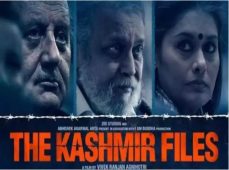
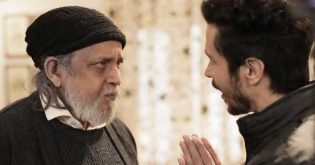
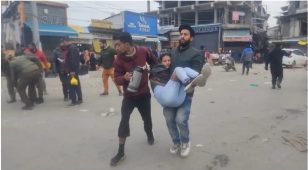





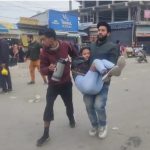
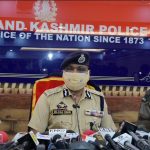

Leave Your Comment